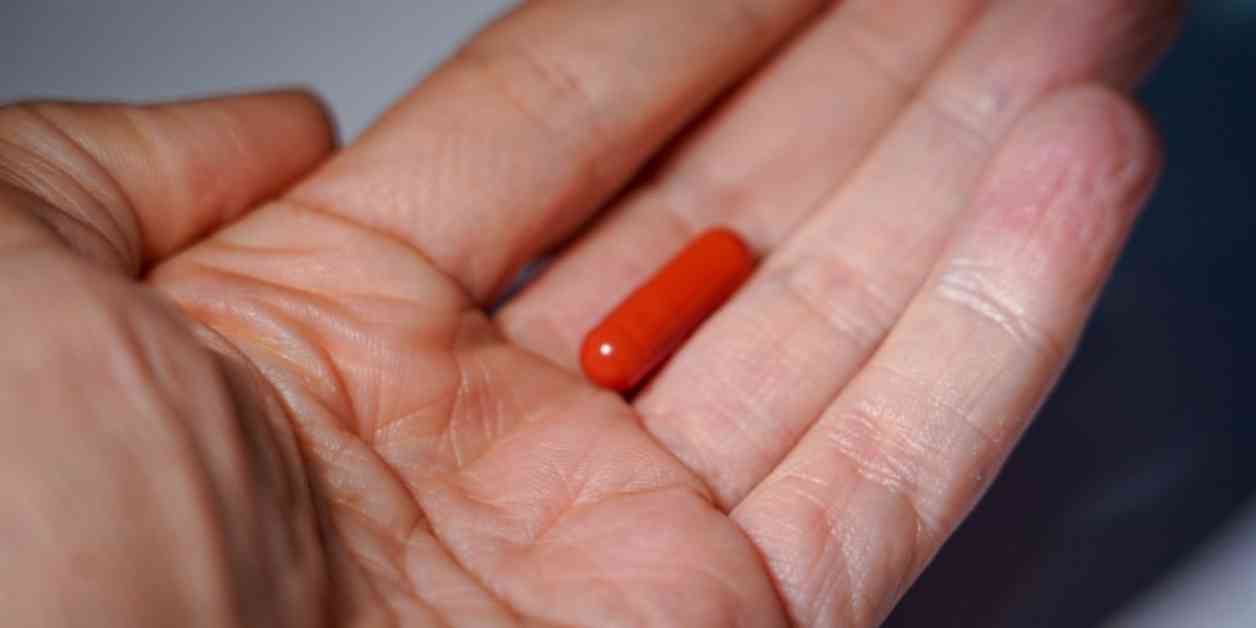The Food and Drug Administration recently announced its decision to reject the approval of MDMA, also known as ecstasy, as a treatment for post-traumatic stress disorder (PTSD), according to a statement released by drugmaker Lykos Therapeutics. This decision marks a setback for the advocates and experts who believe in the potential of psychedelics in treating certain mental health conditions.
There was significant pressure on the FDA to approve MDMA for PTSD treatment. The rejection came after an independent advisory committee raised concerns about the safety and effectiveness of the therapy. Issues such as poorly designed studies, allegations of misconduct during a clinical trial, and potential health risks like heart problems and abuse were cited as reasons for the rejection.
Despite this setback, experts remain optimistic about the future of psychedelic therapies. There are currently around four dozen MDMA trials in progress, indicating a continued interest in exploring the medical use of psychedelics. Holly Fernandez Lynch, an associate professor of medical ethics, believes that this rejection will serve as a learning opportunity for drug companies like Lykos to improve their study designs and adverse event reporting.
The scrutiny faced by psychedelics in the approval process highlights the rigorous evaluation required for these substances to be deemed safe and effective for medical use in the United States. The FDA has asked Lykos Therapeutics to conduct an additional phase 3 clinical trial to further assess the drug’s safety and effectiveness. While this request is disappointing for those advocating for new PTSD treatments, it reflects the FDA’s commitment to thorough evaluation.
David Olson, director of the U.C. Davis Institute for Psychedelics and Neurotherapeutics, remains positive about the future of psychedelic treatments, citing the approval of ketamine for depression as a promising precedent. He believes that advancements in psychedelic research will lead to new treatments for mental health disorders like PTSD in the coming years.
Dr. Brian Barnett, a psychiatrist specializing in psychedelic research, acknowledges the concerns raised by the FDA and the advisory committee regarding the MDMA trials. Despite these challenges, he remains hopeful that MDMA will eventually be approved for PTSD treatment, offering new possibilities in psychiatry. The pressure from veterans and politicians to approve MDMA underscores the urgent need for innovative treatments for PTSD.
While the rejection of MDMA for PTSD treatment is a setback, it also highlights the complexities of evaluating psychedelic therapies. The ongoing research and development in this field offer hope for new treatment options in the future. As the conversation around psychedelics in mental health continues to evolve, there is optimism that these substances could play a valuable role in addressing conditions like PTSD.

















